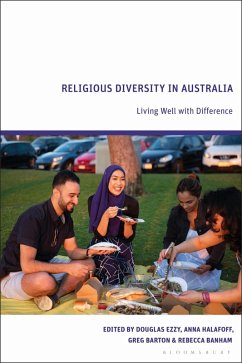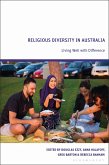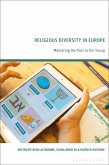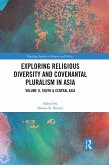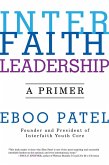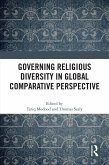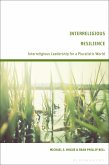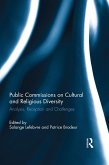This book documents the structure of religious diversity in Australia and examines this diversity in the context of the law, migration, education, policing, the media and interfaith communities.
Focusing on Melbourne and Tasmania, it articulates the benefits and opportunities of diversity, alongside the challenges that confront religious and ethnic minorities, including discrimination and structural inequalities generated by Christian and other
forms of privilege. It articulates constructive strategies that are deployed, including
encouraging forms of belonging, structured ways of negotiating disagreement and respectful engagement with difference.
While scholars across the West are increasingly attuned to the problems and promises of growing religious diversity in a global age, in-depth empirical research on the consequences of that diversity in Australia is lacking. This book provides a rich, well-researched, and timely intervention.
Focusing on Melbourne and Tasmania, it articulates the benefits and opportunities of diversity, alongside the challenges that confront religious and ethnic minorities, including discrimination and structural inequalities generated by Christian and other
forms of privilege. It articulates constructive strategies that are deployed, including
encouraging forms of belonging, structured ways of negotiating disagreement and respectful engagement with difference.
While scholars across the West are increasingly attuned to the problems and promises of growing religious diversity in a global age, in-depth empirical research on the consequences of that diversity in Australia is lacking. This book provides a rich, well-researched, and timely intervention.

